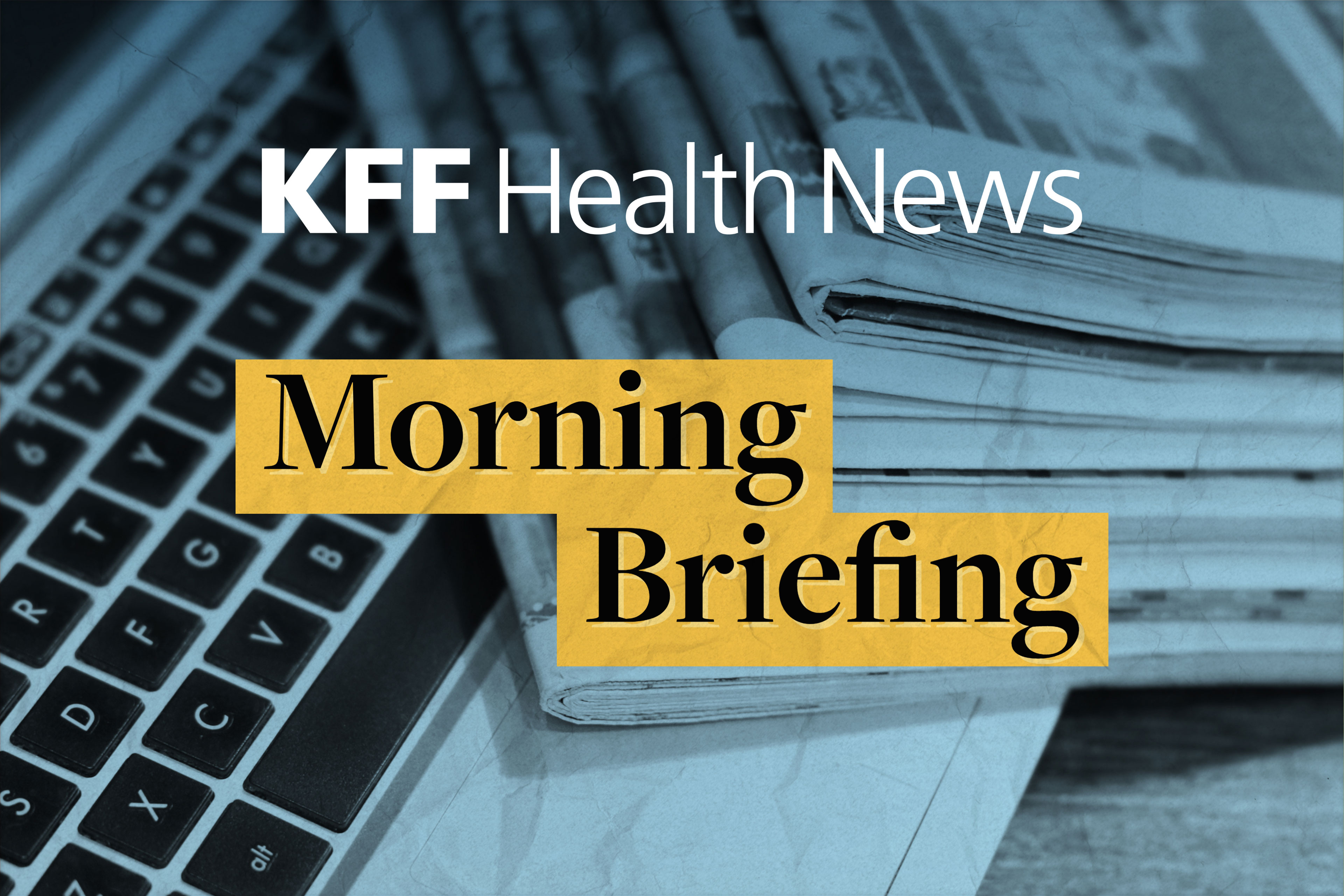Time: 2024-08-07
Respiratory Syncytial Virus ( RSV ) is a significant concern for vulnerable populations , including infants born prematurely , children with chronic lung or heart disease , older adults , and those with weakened immune systems . To address this issue , a monoclonal antibody injection known as Palivizumab has been approved for children at high risk of RSV infection , such as infants born prematurely or with specific health conditions . The vaccine aims to reduce hospitalizations , shorten stays , and lessen the severity of lower respiratory tract infections during RSV outbreaks.
The transmission of RSV can occur through bodily secretions and direct contact with contaminated surfaces . While there is no specific treatment for RSV , preventive measures are crucial . Good health practices , hand hygiene , and cleanliness can help reduce the risk of infection . In cases where high - risk individuals are concerned , Palivizumab offers a preventive solution with proven efficacy in reducing hospitalizations and severity of RSV infections in children.

In other news , a conservative think tank known as the Heritage Foundation recently introduced a policy document called Project 2025 , aiming to influence future conservative administrations . The platform , which takes a more right - leaning stance than the Trump campaign , includes proposals that could potentially impact abortion rights and Medicaid . The departure of Project 2025 's director , Paul Dans , following criticism from the Trump campaign , signifies a significant shift in policy direction within conservative circles.
In conclusion , the intersection of healthcare policies and political agendas highlights the importance of addressing public health concerns while navigating complex social and ethical debates . The emergence of novel solutions like the RSV vaccine for high - risk individuals underscores the need for proactive measures in safeguarding vulnerable populations against infectious diseases . At the same time , ongoing discussions surrounding controversial policy documents like Project 2025 shed light on the evolving landscape of healthcare and governance in the United States.